REVIEW: Richard II at the Stratford Festival
As long as there’ve been Shakespeare’s plays, there’ve been those who wish to subvert Shakespeare’s plays. In times like the English Civil War, this amounted to an outright ban on performing his work. But today, Shakespeare can be an immersive dance-theatre Macbeth, or an As You Like It which amounts to an evening-length land acknowledgment.
The Stratford Festival’s Richard II is one such subversion. Playing at the Tom Patterson Theatre for the remainder of the 2023 season, director Jillian Keiley partners with iconoclastic Canadian playwright Brad Fraser to adapt this 1595 history play to a late 70s world of smoke, fringe, and bawdy excess. Re-framing Shakespeare with intersectional, queer intent, this 2 hour and 40 minute performance may not be for proclaimed Shakespeare purists.
But they’ll miss out on a one-of-a-kind spectacle. A fantastically curated production advanced by a stellar cast, Richard II is best when it dives headfirst into the Studio 54-esque world that Keiley and Fraser have proposed. By queering an already complex main character, this production greatly expands upon Shakespeare’s themes, while still staying true to the minutiae of the original text.
The heart of this production is Stephen Jackman-Torkoff’s brilliant, Black, queer Richard. Their portrayal is emotionally complex: their Richard has a propensity for vanity, pleasure, and rash decisions, and yet is endearing in his clear love for those who surround him.
There’s an electricity in every step Jackman-Torkoff takes, including when we’re introduced to Richard in the riveting opening sequence. A promiscuous party surrounds the king in an ensemble of Angels, representing the central place of dance and music in Keiley’s direction. Here, as in many scene transitions, 70s music by sound designer Don Ellis blares alongside tight disco steps by choreographer Cameron Carver. Not to mention the costumes: Bretta Gerecke’s cohesive employment of fringe, lace, and all things shiny helps this production feel sleek, fashionable, and delightfully indulgent.
Richard II is ultimately a story of the usurpation of a weak monarch. This is carried out by Richard’s cousin Henry Bolingbroke (played by a very stern Jordin Hall), who is exiled and stripped of his inheritance by Richard at the beginning of the play.
This production draws out the subtext of that perceived weakness. Bolingbroke believes the king’s inner circle has morally corrupted him to the point that he is “drawn away from his marital bed.” This assumption informs the queer re-imagining of many characters; Green and Bushy frequent a forest that doubles as a cruising ground, while Richard’s other cousin, Lord Aumerle (played by a fantastic Emilio Vieira), is as much his lover as he is his greatest support.
These liberal interpretations of Shakespeare’s text end up being some of Keilley and Fraser’s most riveting moments. A scene that establishes Richard and Aumerle’s connection is transformed into a hot tub hook-up of cloth pulled across bodies by Angels, a bottle of poppers, and anything homoerotic imaginable. And Bolingbroke’s eventual ally Harry Percy (Thomas Duplessie) is a sequin-suited party boy with a penchant for smashing things and a consistent need to wipe his nose. There’s something undeniably exciting about watching Shakespeare being this scandalous.
These are all part of a larger character study, though. And no matter how he is performed, Richard as a character is frustrating because his rationale is so often unclear. When given the chance to explain himself, he instead chooses to make winding soliloquies that only concern his adversaries more. And this production doesn’t take liberties in clarifying a moral or logical justification for his invasion of Ireland or his liquidation of Bolingbrokes’ assets, decisions that ultimately lead to Richard’s downfall.
This is fine; there’s clear emotion behind Jackman-Torkoff’s actions, and his obscurity is another layer of queerness itself. Yet upon Richard’s climactic death at the hands of Aumerle, the stakes I felt for this character didn’t match the circumstances. Intentional or otherwise, Richard’s ambiguity made me feel more disconnected to his tragedy than I would’ve liked.
And perhaps this is why Keilley and Fraser have created this 70s world of excess around this very Elizabethan narrative: behind his smoke and mirrors, Richard may not be the hero we want him to be. What’s more relatable than that? This leaves us with a production that’s as gorgeously complex and nuanced as the main man himself. A true Shakespearean subversion, for sure.
Richard II runs at the Stratford Festival until September 28. Tickets are available here.
Intermission reviews are independent and unrelated to Intermission’s partnered content. Learn more about Intermission’s partnership model here.

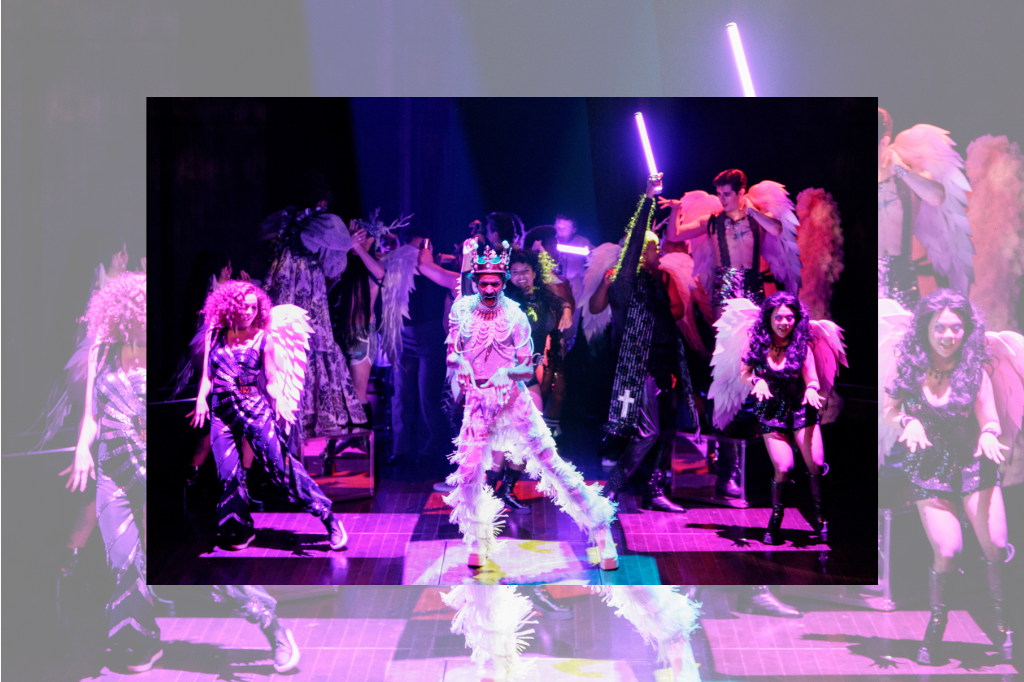







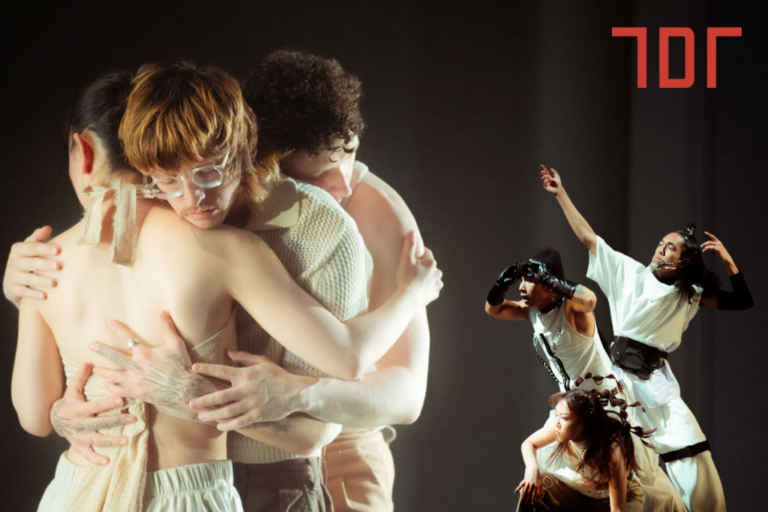
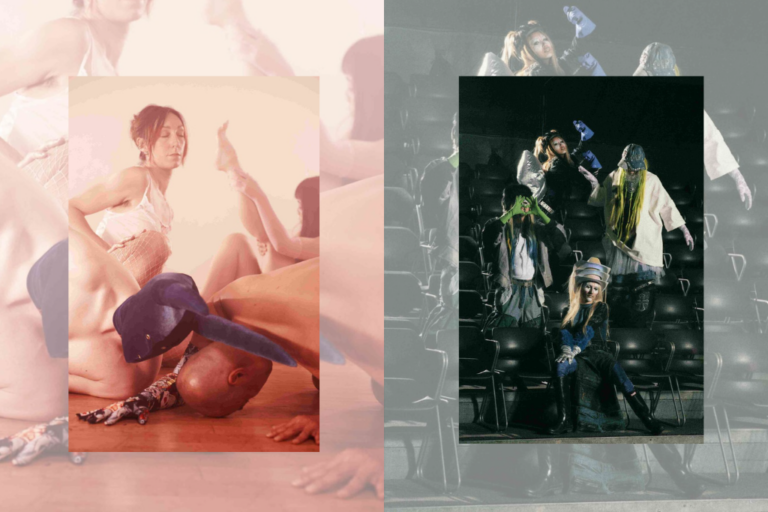
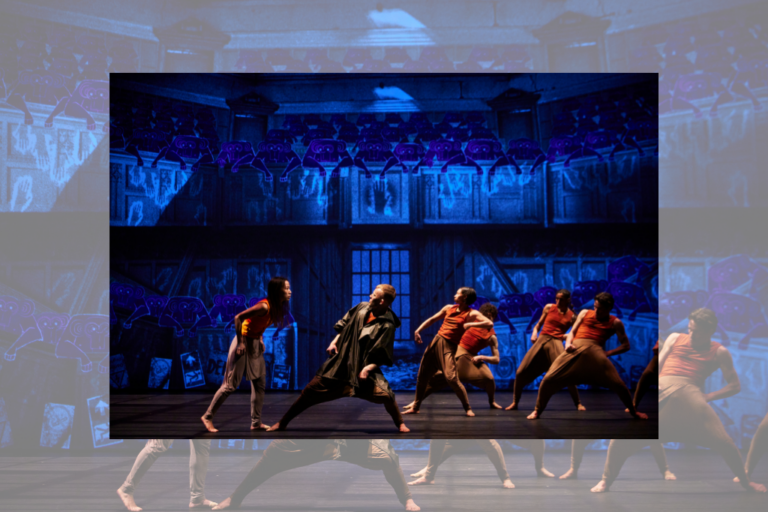
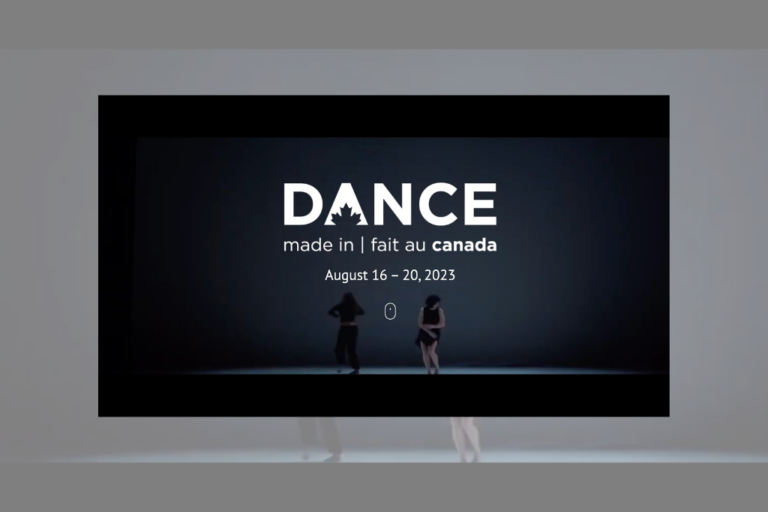
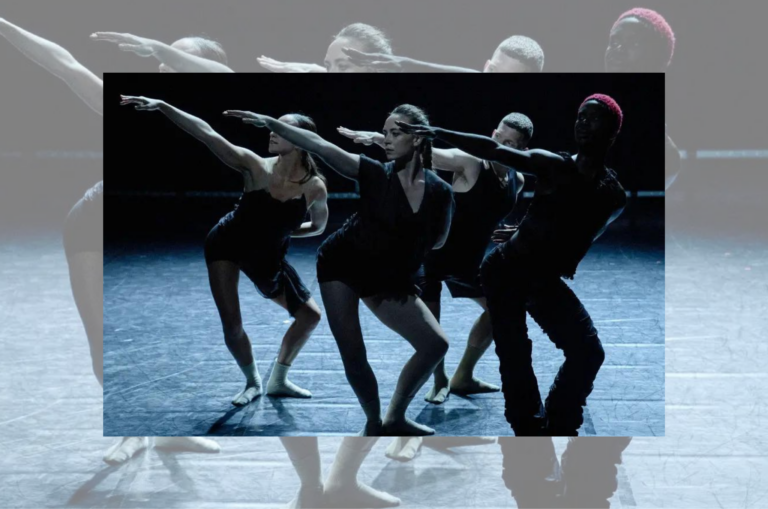

Comments